
The job interview, for many, is a crucible of nerves and anticipation, a gateway to career progression that often feels more like an arbitrary gauntlet than a fair assessment of potential. While it’s widely acknowledged that typical interviews can be poor predictors of future job performance, they remain a virtually inescapable hurdle in the hiring process. This reality is underscored by decades of research that have meticulously exposed the myriad flaws and inherent biases that compromise the reliability and validity of human-led evaluations.
From the pervasive impact of first impressions, which can be swayed by factors as superficial as facial attractiveness or attire, to deeply ingrained conscious and unconscious biases against diverse candidates—be it based on gender, socioeconomic status, minority background, weight, pregnancy, disability, age, or race—the human element in interviewing is demonstrably fallible. Even with well-meaning intentions, human interviewers struggle to ignore demographic variables, often finding that the more they try to disregard such factors, the harder it becomes to focus on relevant signals. Fortunately, while human judgment can be subjective, it is also quite predictable. This predictability offers a strategic advantage to candidates who understand not just what to do, but, crucially, what to avoid.
Navigating the complexities of an interview isn’t about perfection; it’s about strategic self-presentation and disciplined avoidance of common pitfalls. The following insights, drawn from extensive psychological evidence and expert consensus, highlight 15 critical mistakes that can derail your candidacy. By understanding and meticulously sidestepping these blunders, you can significantly enhance your interview performance, optimize the interviewer’s perception of your potential, and dramatically increase your chances of securing your desired role. Your resume and cover letter may have opened the door; your interview performance will determine if you walk through it.
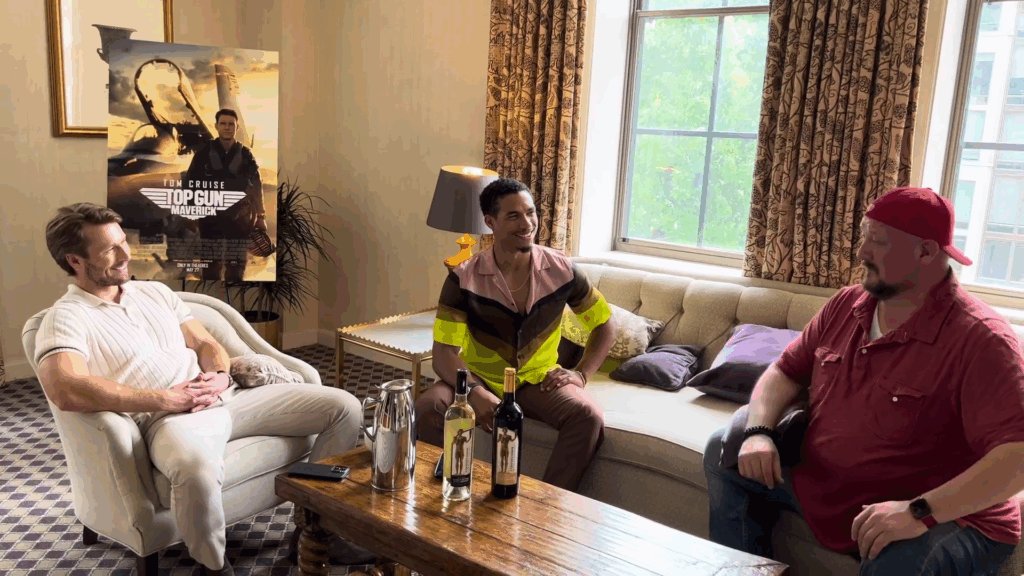
1. **Being Your Unfiltered Self**Perhaps one of the most pervasive and misleading pieces of advice offered to job seekers is the directive to “just be yourself.” While authenticity is a lauded virtue in many personal contexts, in the structured and high-stakes environment of a job interview, it can prove to be a significant detriment. The interview is not an invitation to unburden your deepest thoughts or present your entirely unfiltered self; rather, it is a professional stage where your most polished, competent persona should take center stage.
As the context explicitly states, “authenticity is hugely overrated.” Interviewers, by and large, are not seeking to uncover who you are “deep down.” Their objective is to assess your suitability for a specific role and how well you can integrate into a professional team. This necessitates a display of appropriate social skills, an understanding of dominant workplace etiquette, and a clear demonstration that you are willing to operate within established professional parameters. The expectation is to showcase your professional self, not an uninhibited or uncensored version that might contain undesirable or counterproductive emotions and thoughts.
Meta-analytic studies consistently reveal that a hallmark quality of individuals with high emotional intelligence (EQ) is their superior impression management skills. These individuals possess the innate or learned ability to present themselves in a favorable light, adapting their demeanor and communication to suit the professional context. Learning from these high-EQ scorers means understanding how to “fake it with the elegance and skill of people who come across as genuine and authentic while they keep their undesirable and counterproductive emotions and thoughts in check.” This isn’t about dishonesty; it’s about strategic self-regulation.
Indeed, the “real you” is often a complex mosaic of traits that only a select few individuals—perhaps four or five people—have learned to appreciate, or at least tolerate, and typically “in small doses.” Bringing this unedited version of yourself into an interview risks alienating your potential employer, who is looking for a team player capable of professional comportment. By consciously curating your professional persona, you signal maturity, self-awareness, and a clear understanding of the professional boundaries inherent in the hiring process, significantly improving your chances of making a positive and lasting impression.
Read more about: The Strict Set: Why Top Directors Like Villeneuve and Nolan Are Permanently Banning Cell Phones

2. **Arriving Unprepared (Lack of Research)**One of the most glaring and easily avoidable errors a candidate can make is to arrive at an interview without having thoroughly researched the company, the role, and even the interviewer themselves. This lack of preparation immediately signals a deficit in genuine interest and professional diligence, effectively derailing an otherwise qualified candidate before the conversation even truly begins. It’s an easy tell for hiring managers, who quickly discern when someone “hasn’t done their homework.”
The depth of your research should extend far beyond a cursory glance at the job description. As experts suggest, “Make sure you know which position you’re interviewing for, what the role entails, and why you’re interested in it.” This involves reviewing the job description closely, understanding the company’s values or mission by checking the ‘About Us’ section on their website, and even identifying key competitors or major players in their market. This comprehensive understanding allows you to articulate how your background uniquely fits their specific needs and challenges.
Jacqueline Whitmore, a business-etiquette expert, underscores the inexcusable nature of this mistake, particularly in an age abundant with resources. “Most people don’t do the proper research about the company. We have so many resources to use, including LinkedIn, websites, and social media,” she notes. “There’s no excuse for you to go into an interview and not know about the company and something about who might be interviewing you.” Failing to leverage these tools to learn about the company and the individual(s) you’ll be meeting suggests a lack of foresight and a disinterest in the opportunity.
More fundamentally, walking into an interview and asking “What does your company do?” is a question that instantly communicates a profound lack of engagement. It’s a clear indication that you are “wasting everyone’s time with an interview.” Candidates who are genuinely passionate about a role will proactively scour websites, social media feeds, and LinkedIn profiles of potential interviewers. This diligent preparation allows you to walk into the interview “informed enough to ask relevant and valuable questions about your new role,” transforming the interview from a one-sided interrogation into a meaningful, two-way dialogue that showcases your proactive nature and serious intent.

3. **Being Late (Punctuality)**Punctuality is not merely a courtesy in the professional world; it is a fundamental indicator of respect, responsibility, and seriousness, particularly in the context of a job interview. Arriving late, even by a few minutes, can cast a long shadow over your candidacy, signaling a lack of preparation, disorganization, or even a disregard for the opportunity at hand. As hiring managers universally agree, “punctuality matters” because interview times are meticulously scheduled to accommodate everyone’s availability.
The repercussions of tardiness are immediate and often insurmountable. An employer will not be “endeared” to a candidate who arrives late, unless there is an exceptionally good excuse communicated well in advance. More often than not, unexpected delays are simply interpreted as a lack of seriousness or insufficient planning. This negative first impression is incredibly difficult to overturn, as it immediately raises questions about your reliability and commitment to professional standards. The simple phrase “Sorry I’m late” is a clear indication of a failure in basic professional discipline.
To circumvent this critical error, proactive planning is paramount. Experts advise, “Leave earlier than you need to and kill time at a coffee shop around the corner. Then, arrive 10 minutes early, looking calm, cool, and collected.” This strategy ensures that you have ample time to navigate unexpected traffic, locate parking, or resolve any last-minute technical glitches if it’s a virtual interview. Beyond mere logistics, arriving early allows you to use the restroom, compose yourself, and mentally prepare, thereby reducing pre-interview jitters and enabling you to enter the meeting with a confident and professional demeanor.
In the rare instance where an unavoidable delay occurs, immediate and transparent communication is essential. Reach out to your recruiter or contact as soon as possible to provide a “quick heads-up.” This act of professionalism and respect demonstrates your ability to manage unforeseen circumstances responsibly and allows the interviewing team to adjust their schedule if necessary. Ultimately, mastering punctuality in an interview is a straightforward yet powerful way to convey respect for the interviewer’s time, show your commitment to the role, and lay a strong foundation for a positive evaluation.
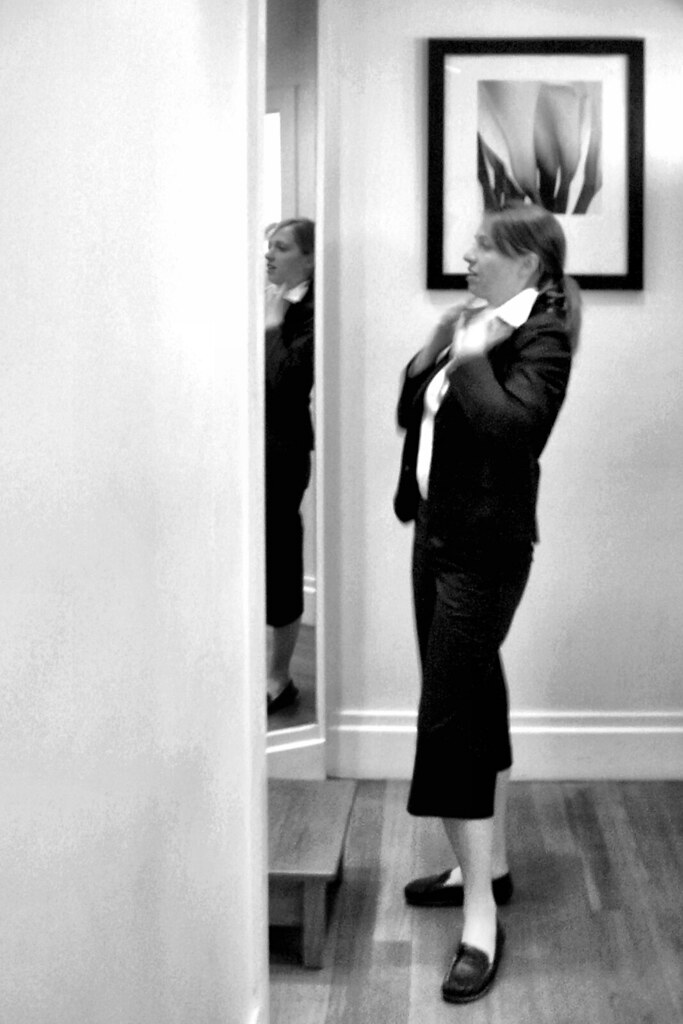
4. **Dressing Inappropriately or Neglecting Details (First Impressions)**Your appearance in a job interview serves as a powerful non-verbal communicator, shaping crucial first impressions long before you utter a single word. Dressing inappropriately or overlooking the seemingly minor details of your attire can send unintended negative signals, undermining your professionalism and attention to detail. While contemporary trends might lean towards “smart casual,” the unwavering rule for interviews remains professional attire; it is, without question, “proper business etiquette for interviews.”
Jacqueline Whitmore emphasizes this point, noting that “Very rarely do we see someone overdressed for a job interview.” The more common pitfall is underdressing, which can convey a lack of seriousness or respect for the opportunity. Beyond the general style of clothing, a crucial aspect of professional presentation lies in the meticulous attention to detail. Whitmore observes that candidates “oftentimes don’t put a lot of thought into the details, like the color of their belt or that their shoes are matching their outfit.” Such oversights, though seemingly minor, can accumulate to create an impression of carelessness.
These details extend to the condition and presentation of your garments themselves. Whitmore highlights examples such as “forgetting to cut off the tags or not cutting open the vents in the back” of a new suit. Such visible flaws prompt a critical question from the employer’s perspective: “Why would an employer want to hire someone who doesn’t pay attention to the details?” This question speaks to a broader concern about a candidate’s overall conscientiousness and their capacity to apply precision to their work responsibilities.
Therefore, a thoughtful approach to your interview ensemble is non-negotiable. It involves selecting clean, well-fitting, and professional clothing, ensuring shoes are polished, accessories are subtle, and all garments are free of tags or other distractions. This deliberate effort in presentation communicates respect for the interviewer, the company, and the professional standards of the role. It reinforces the message that you are detail-oriented, take the opportunity seriously, and understand the importance of making a strong, polished first impression.

5. **Exhibiting Poor Communication Habits (Clarity, Conciseness, Language)**Effective communication is the bedrock of professional success, and an interview is a direct test of this crucial skill. Unfortunately, many candidates fall prey to a range of poor communication habits that can severely undermine their perceived competence and suitability for a role. These habits span from misinterpreting questions to rambling, using inappropriate language, and providing unhelpful responses, all of which detract from a candidate’s ability to convey their true capabilities.
A common and significant mistake is “misinterpreting the questions,” where candidates answer what they *think* they heard rather than what was actually asked. Interviewers correctly interpret this as a “lack of listening skills or critical thinking.” To avoid this, cognitive psychology research advises pausing before answering and, if necessary, clarifying the question. A simple phrase like “Just to be sure I understand, you’re asking about X?” demonstrates engagement and ensures precision, outperforming instant, “half-baked” responses where “interviews reward precision over speed.”
Another prevalent issue is “speaking too much (including over others),” which, far from signaling confidence, often suggests nervousness, disorganization, or even arrogance. An excess of verbal output can be off-putting and seen as a “major credibility killer.” Harvard researchers found that candidates providing “concise, structured answers are perceived as more intelligent and competent” than those who ramble. To ensure clarity and conciseness, experts recommend the STAR method (Situation-Task-Action-Result) for structuring answers, keeping responses under 90 seconds, and practicing pausing to sound more thoughtful. The best communicators are not just good talkers, but also exceptional listeners.
Beyond volume and structure, the choice of language is paramount. “Unclear Answering and Rambling” often manifest as mumbling or bumbling, which fails to inspire confidence. Jacqueline Whitmore, as cited in the context, firmly advises against using “inappropriate language, such as profanity, slang, or terminology the employer might not understand.” She also warns against the pervasive use of “filler words and phrases such as ‘like’ or ‘um’,” which can muddle the conversation. Practicing responses and even recording oneself can help ensure clear and precise articulation, reflecting a candidate’s professionalism and clarity of thought.
Finally, avoiding unhelpful or dismissive responses is crucial. Simply stating “It’s on my resume” when asked to elaborate on a qualification signals a missed opportunity to provide specifics and demonstrate your depth of experience. Similarly, saying “I don’t know…” without further elaboration is a critical error. Instead, candidates should pause to think. If exact details are unavailable, offering to provide them later, or discussing how one *would* approach an unfamiliar situation, shows initiative and problem-solving abilities, transforming a potential stumbling block into an opportunity to showcase competence and resourcefulness.

6. **Displaying Unprofessional Non-Verbal Cues (Body Language, Distractions)**In an interview setting, your non-verbal communication speaks volumes, often more powerfully than your spoken words. Displaying unprofessional non-verbal cues or allowing distractions to interrupt the flow of conversation can significantly detract from your professional image and convey a lack of seriousness or respect. These subtle signals, from fidgeting to poor posture, contribute to the interviewer’s overall impression and can quietly undermine your candidacy.
One common pitfall is “Fidgeting With Unnecessary Props.” Items such as “cell phones, nail files, and chewing gum… don’t belong at the interview table.” The presence of a mobile phone, even if on silent, can be a major distraction. Receiving or taking a call during an interview is an absolute “big no!” as the context highlights, emphasizing that there’s a time and place for personal matters, and an interview is unequivocally not it. Phones should be “on silent, without vibrating, hidden in the depth of your coat,” ensuring undivided attention is given to the interviewer.
Beyond external props, your “Poor Body Language” can be a critical determinant of perceived confidence and engagement. Elements such as consistent “eye contact, good posture, a cheerful demeanor and a firm handshake will get you a long way in an interview.” Conversely, slouching or placing your feet inappropriately signals disinterest or a lack of respect. Basic etiquette, like waiting “until you’re shown a seat to sit down,” demonstrates courtesy and an understanding of professional decorum, setting a positive tone for the interaction.
In the era of virtual interviews, these non-verbal cues take on new importance. Jacqueline Whitmore advises strongly against “Having your camera off during a virtual interview,” as seeing facial expressions is vital for connection. While discomfort or worry about making eye contact might lead candidates to keep cameras off, doing so prevents the employer from fully engaging with you. Furthermore, Whitmore stresses the importance of a tidy background, noting, “If you just have to have a blank wall, that’s better than a huge distraction. But I definitely recommend that you put a little thought into your background.” A thoughtful, professional background reinforces your attentiveness and highlights your commitment to the interview process, even from a distance.

7. **Speaking Negatively About Past Employers (Professionalism and Maturity)**It is an almost universal truth that professionals occasionally face challenging situations or difficult relationships with past employers or colleagues. However, succumbing to the temptation to speak negatively about a previous job, manager, or company during an interview is a profound misstep that can severely damage your candidacy. No matter how “despotic or ineffectual” your former employer may have been, engaging in badmouthing will invariably reflect poorly on you, not on them.
Interviewers are acutely aware that while you may have “good reasons for leaving your last role,” using the interview as a platform to vent or complain signals a lack of professional maturity and discretion. The underlying concern for a hiring manager is straightforward: if you are willing to openly criticize a former employer, what will you say about their organization should you move on in the future? This perception can create a significant red flag, suggesting that you might be a source of negativity or gossip within their own team.
Instead of dwelling on the negatives, the strategic approach is to “frame your experience in a positive light.” This involves focusing on “what you learned, how you grew, and why you’re excited about what’s next.” Even in situations involving a difficult boss, as the context advises, “There is a better way of discussing this kind of situation. Talk about the challenges you faced and what you learned from it as a result. If you can’t say anything nice, don’t say anything.” This demonstrates self-awareness, resilience, and the capacity to extract valuable lessons from adversity, qualities highly valued by employers.
Ultimately, interviewers are seeking candidates who exhibit self-awareness and maturity, especially in how they navigate and articulate past challenges. By refraining from negative commentary and instead highlighting growth, problem-solving, and positive forward momentum, you project an image of professionalism and a solutions-oriented mindset. This approach not only sidesteps a critical error but also strategically positions you as a valuable and emotionally intelligent asset, ready to contribute constructively to a new team without bringing baggage from previous roles.

8. **Exaggerating Qualifications or Lying on Your Résumé**While the urge to present oneself optimally is understandable, there is a clear distinction between strategic self-promotion and outright exaggeration or dishonesty. The temptation to embellish qualifications or fabricate details on a résumé can be strong, particularly when pursuing a highly desirable role. However, this is a profound miscalculation, as research indicates that “hiring managers detect exaggeration within seconds.” Such dishonesty immediately erodes the fundamental trust required for any professional relationship.
Candidates who engage in “excessive and unrealistic boasting” are frequently perceived as “dishonest, egotistical, or even desperate,” which raises significant red flags for interviewers. Generic claims, like asserting one can “speak nine languages” untruthfully or making vague statements such as “I increased our sales by like a lot,” lack credibility. Instead, the context advises using “measurable, fact-based statements” to showcase achievements, such as “I increased client retention by 27% in one year, the highest in my department.”
The long-term consequences of dishonesty are severe. As the context warns, “Anything written on your résumé could be discussed at an interview and a fabrication about your work or education record could damage your reputation in the long run.” Even if an untruth isn’t immediately uncovered, it will eventually surface, potentially leading to termination, professional blacklisting, and a tarnished career. Genuine competence, backed by verifiable experience, is far more impressive and sustainable than inflated claims.
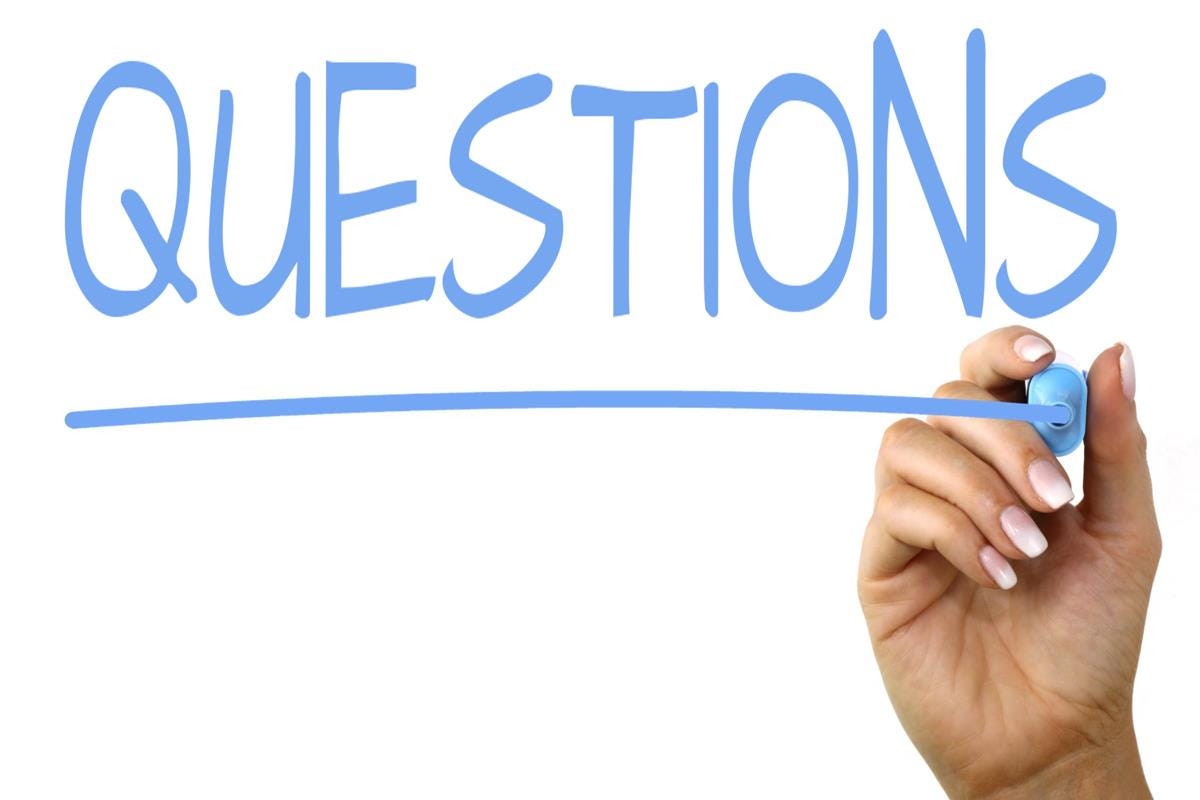
9. **Failing to Ask Thoughtful Questions**At the close of nearly every interview, candidates are inevitably asked: “Do you have any questions for us?” Responding with a simple “No, I think you covered everything” is a common yet critical mistake. This reply, rather than signaling completeness, often conveys disinterest or a notable lack of engagement with the role and the company. It represents a significant missed opportunity to demonstrate genuine curiosity and a strategic understanding of the position.
Academic research underscores the importance of this moment, with a study revealing that “candidates who ask thoughtful questions are rated higher on engagement and long-term fit.” This is not merely a courtesy; it transforms the interview into a meaningful two-way dialogue. By asking intelligent questions, you signal serious consideration of the role and actively seek to understand its nuances, challenges, and overall alignment with your aspirations.
Thoughtful questions, as per the context, include: “What’s the biggest challenge facing this team right now?”; “What do successful employees in this role have in common?”; or “How do you measure success for this position?” These inquiries reflect an analytical mindset and a genuine interest in contributing meaningfully. Conversely, “Bad questions” like “So… what does your company do?” betray a lack of basic research, while inquiries about compensation or raises are best reserved until an offer is firmly on the table.
Read more about: Unlock Resale Gold: 14 Low-Cost Kitchen Renovations That Buyers Love
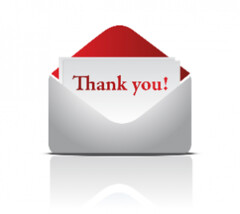
10. **Neglecting the Crucial Follow-Up**Many candidates consider their interview complete once they’ve left the room or logged off. However, neglecting to follow up is a significant oversight that can diminish your chances, even after an otherwise strong performance. A timely thank-you note or email is more than a mere courtesy; it’s a vital component of professional etiquette that reinforces your interest, professionalism, and keeps you prominently in the minds of hiring managers.
Business-etiquette expert Jacqueline Whitmore highlights the strategic power of a comprehensive follow-up. She suggests sending both a thank-you email and a traditional thank-you note to maximize impact. “This is an opportunity for you to get into the employer’s eyes at least twice,” she notes, doubling your chances for positive recall. Timing is also crucial, with the recommendation to send your follow-up “within 24 hours of the interview” to ensure its relevance and timeliness.
Crucially, the follow-up must be personalized and substantive, avoiding generic templates. As Whitmore advises, “Address the person by name. Tell them why you enjoyed the interview and why you would be a good candidate.” This personalization reiterates your specific interest and allows you to briefly highlight key strengths or reiterate how your skills align with the role. Even if you perceive your performance as less than stellar, a professional follow-up “might just pay off in the long run,” demonstrating persistence and courtesy.
Read more about: Consumer Alert: 13 Essential Safeguards Against the Hidden Dangers of Buying a Car Sight Unseen Online
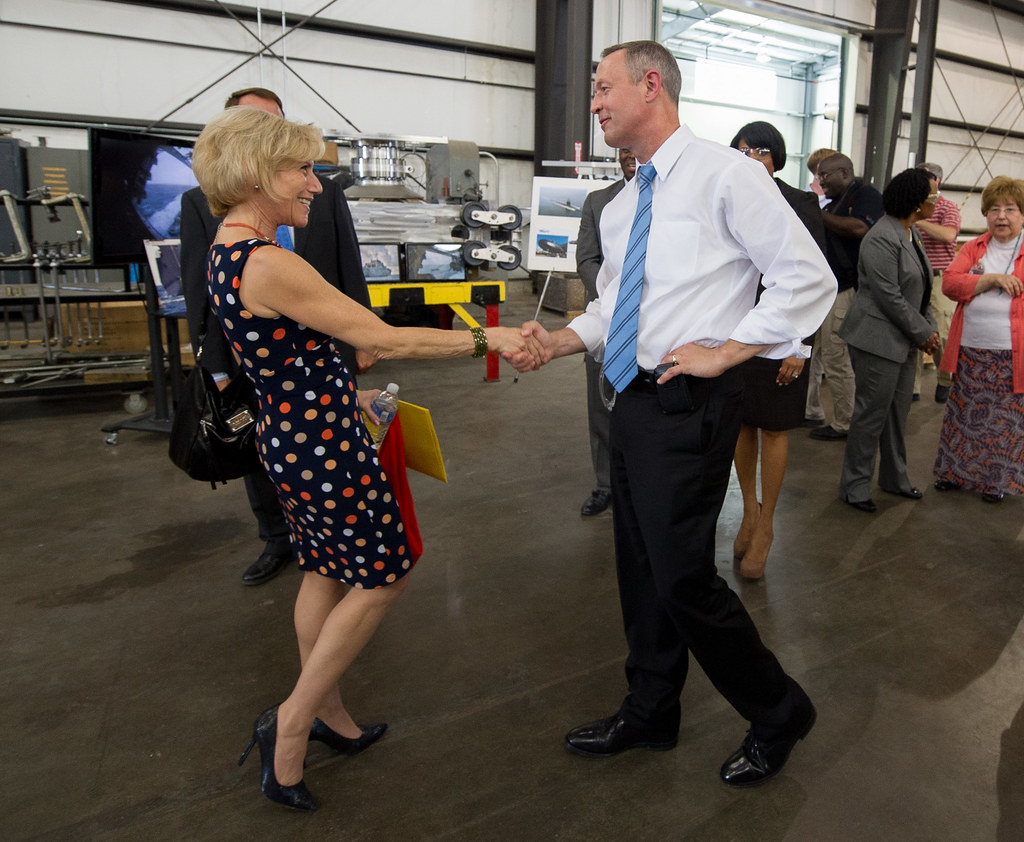
11. **Exhibiting Entitlement or Being Too Familiar**Maintaining appropriate professional boundaries and decorum is paramount in job interviews. A significant misstep occurs when candidates exhibit a sense of entitlement, make demands, or become overly familiar, which can instantly undermine their professional image. This includes discussing sensitive topics prematurely or adopting an aggressive stance regarding career progression.
One common error is bringing up “money or time off” too early in the process. The context explicitly states, “Unless an offer is put on the table, it’s not recommended that you discuss money or future working and vacation arrangements.” Prematurely focusing on personal benefits before demonstrating your value can give the impression that your primary motivation is personal gain, rather than contributing to the company’s success.
Similarly, exhibiting an overly familiar or conceited attitude, or conversely, sharing overly personal “sob stories” about financial needs, detracts from a professional image. The advice to avoid saying “I really need this job and am willing to do anything!” stems from the understanding that “Desperation doesn’t suit anyone.” Instead of expressing desperation or entitlement, candidates should convey genuine interest and excitement for the role, allowing the conversation to conclude on a positive note.
Even ambitious statements like “In 5 years time I will have your job,” while potentially reflecting drive, are best “tone[d] down a little if they may cause unnecessary stress on your interviewer’s job security.” Demonstrating emotional intelligence and tact ensures your ambition is perceived positively, rather than as a threat or a sign of entitlement.
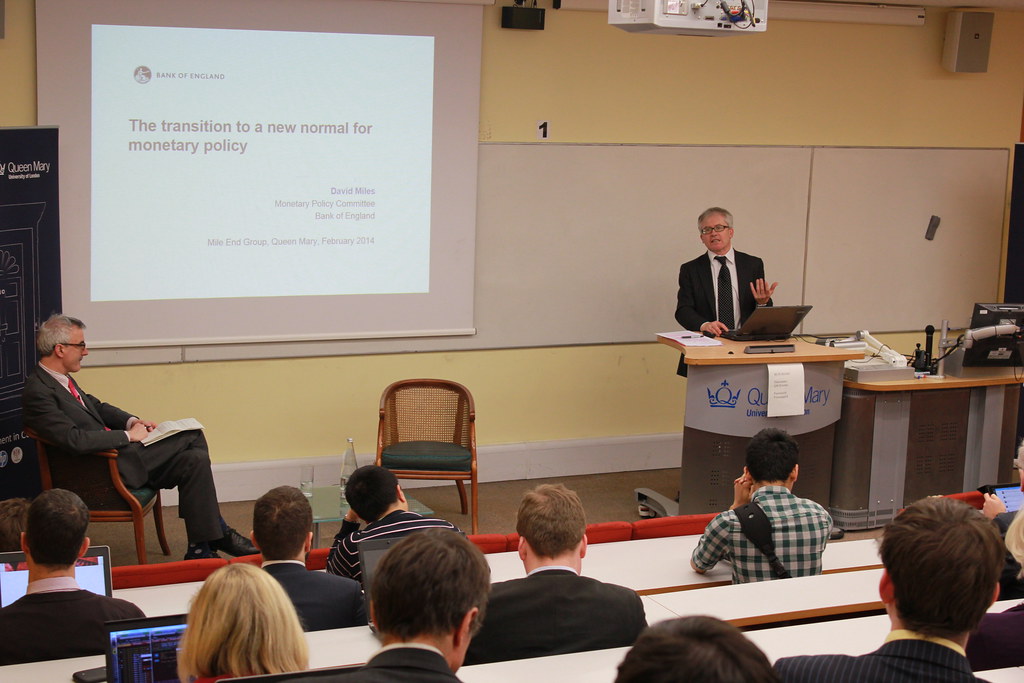
12. **Lacking Genuine Enthusiasm or Energy (Phoning It In)**Regardless of how many interviews you’ve undergone or how often you’ve answered the same questions, your delivery must convey genuine enthusiasm and energy. “Phoning it in”—appearing disengaged, uninspired, or simply going through the motions—is a critical error that can make you seem uninterested and unmotivated, irrespective of your qualifications. Interviewers seek candidates who are genuinely excited about the opportunity, not just physically present.
The context offers a fitting analogy to theater: “The cast may be on their fifth performance of the week, but the audience only sees that night’s show. They expect the same passion and presence as opening night—and so do interviewers.” This highlights that each interview is a unique performance demanding a fresh, energized approach. If you’re merely going through the motions, it will be evident, leading interviewers to perceive a lack of authentic interest and commitment.
Furthermore, openly stating “I’m really nervous” can inadvertently project a negative image. While nerves are natural, experts suggest reframing this internal state. Instead of focusing on nervousness, the advice is to “say you are excited.” This simple linguistic shift can positively alter your internal dialogue, helping you genuinely feel excited, and simultaneously send a far more positive message to the interviewer. Enthusiasm is contagious and can significantly enhance the interviewer’s perception of you.
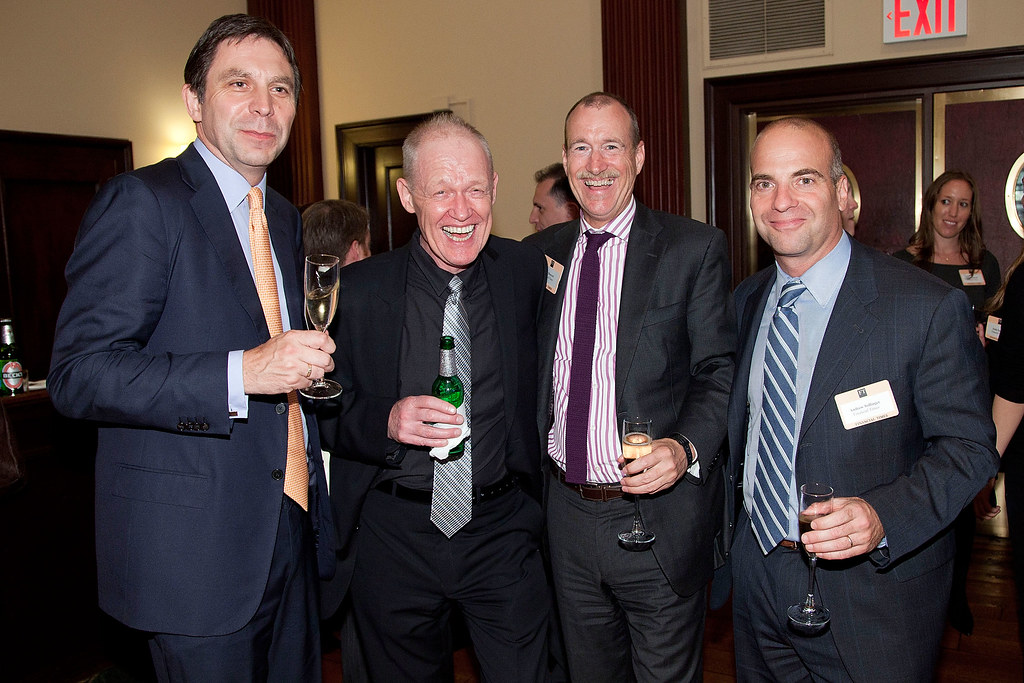
13. **Sharing Confidential Company Information**In the eagerness to showcase accomplishments and relevant experience, candidates might be tempted to provide intricate examples from previous roles. However, a significant ethical and professional blunder is sharing confidential company information during an interview. This includes disclosing “unreleased products, internal data, or proprietary business strategies” from a former employer. Such an action demonstrates a severe lack of discretion and raises serious concerns about your trustworthiness and adherence to professional ethics.
Hiring teams prioritize confidentiality and will view such an act as a major red flag. If you are willing to disclose proprietary information from a past employer, what assurance do they have that you wouldn’t do the same if hired by their organization? This behavior signals a potential disregard for confidentiality agreements, which are non-negotiable for many companies. Professionalism dictates that sensitive information must be protected, even if it could seemingly bolster your interview performance.
To circumvent this mistake, the context advises keeping your examples “high-level or anonymized when necessary.” This approach means focusing on the *results* and *impact* of your work, rather than divulging specific, protected details. By demonstrating respect for your previous employer’s confidentiality agreements, you reassure potential new employers of your integrity and sound professional judgment. This reflects a mature understanding of corporate ethics and is a quality every hiring team appreciates.
Read more about: Understanding Your Rights: What the New Data Privacy Laws Mean for American Consumers
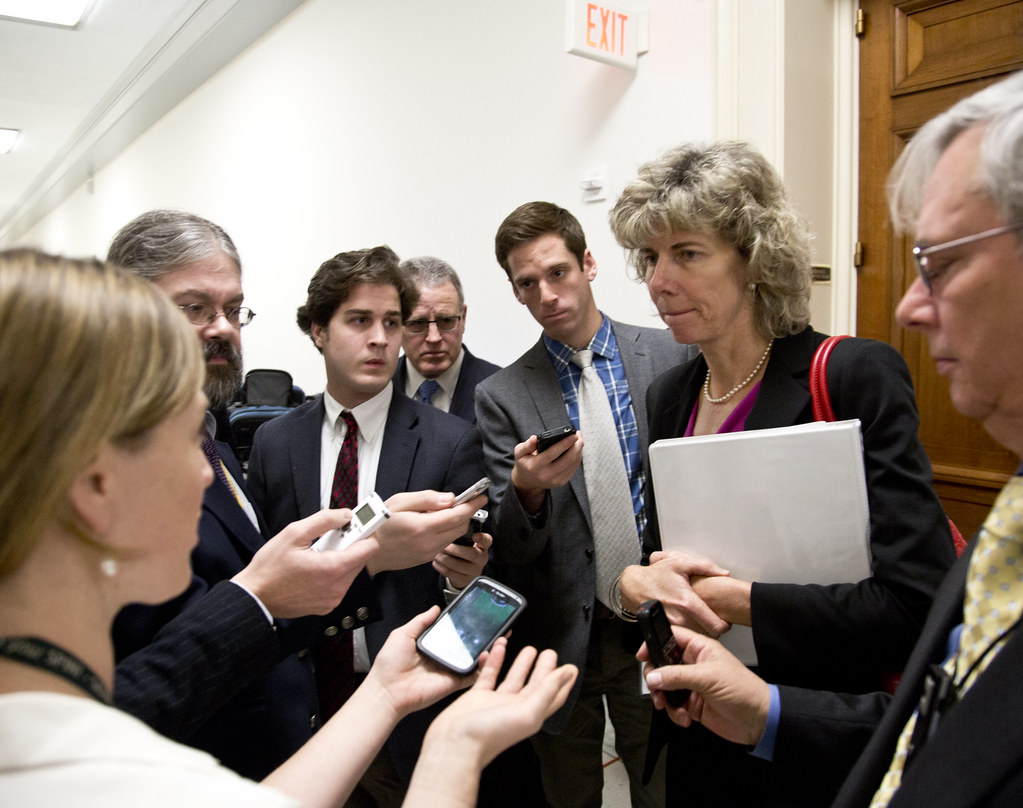
14. **Offering Clichéd or Untactful Weaknesses**When confronted with the common interview question about weaknesses—designed to assess self-awareness and growth potential—many candidates resort to clichéd or untactful responses. The objective is not to enumerate every flaw, but to demonstrate introspection and a proactive commitment to self-improvement. Simply presenting a strength disguised as a weakness, such as “My biggest weakness is perfectionism,” is a widely recognized misstep that lacks credibility and can appear disingenuous.
As the context explicitly states, “No one believes that.” Interviewers seek an honest yet strategic reflection on areas for development, coupled with evidence of how you actively work to overcome these challenges. Research clearly indicates that “candidates who frame their weaknesses positively are rated more favorably than those who admit flaws with no solution.” This emphasizes “tactful honesty,” which is far “better” than “radical honesty” that “can torpedo your chances.”
Consider the contrast between a “Bad honesty” response like “I have trouble meeting deadlines and tend to procrastinate” versus a “Strategic honesty” response: “Earlier in my career, I struggled with time management, but I’ve since improved by using time-blocking and priority matrices.” The latter demonstrates self-awareness, an actionable solution, and a commitment to growth, qualities highly valued by employers. Focus on outlining your areas for development, and crucially, highlight the specific steps you are taking to address and improve them.
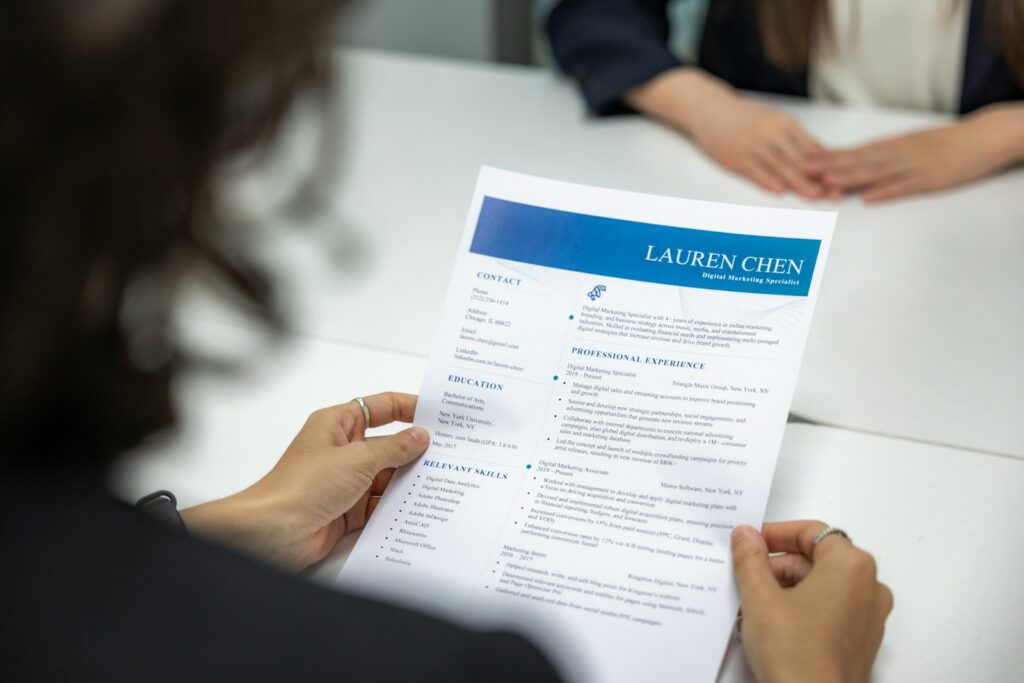
15. **Redirecting Interviewers to Your Résumé or Offering Dismissive Responses**When an interviewer asks you to elaborate on a specific point or experience listed on your résumé, it represents a critical opportunity to provide further detail and context. A dismissive response such as “It’s on my resume” is a significant error. It not only signifies a missed chance to showcase your depth of experience but also suggests a lack of enthusiasm or an unwillingness to engage fully with the questions being posed. The interviewer is asking for a reason, often to hear you articulate your experiences firsthand and assess your communication skills.
Similarly, abruptly stating “I don’t know…” without any further elaboration is another unhelpful response that can quickly undermine your candidacy. This terse answer fails to demonstrate problem-solving skills, initiative, or a thoughtful approach to challenging questions. Instead, candidates should pause to think, even briefly, to formulate a more constructive reply. As the context advises, “When you don’t know, never just say you don’t know. Stop and think for a moment.”
If precise details are unavailable, a professional approach would be to offer to provide them later, demonstrating resourcefulness and commitment. For situations you haven’t encountered, discuss hypothetically how you *would* approach such a scenario, showcasing your analytical thinking and adaptability. The key is to leverage every question, no matter how seemingly straightforward, as an opportunity to elaborate, provide specifics, and demonstrate your capabilities beyond what’s merely on paper.
***
Navigating the intricate landscape of a job interview is undeniably a challenging and high-stakes endeavor. Yet, by understanding and diligently avoiding these 15 critical mistakes, you can significantly elevate your performance and distinguish yourself from the competition. Success in an interview is not merely about reciting qualifications; it is fundamentally about strategic self-presentation, demonstrating emotional intelligence, and fostering a positive, professional connection with your potential employer. Remember, your objective is to make the interviewer feel confident in your abilities and genuinely excited about your potential contribution to their team. By sidestepping these common blunders, you are not just avoiding failure, but actively paving the way for a compelling and memorable impression that dramatically increases your chances of securing the role you desire. Go forth with confidence, informed and meticulously prepared, and let your professional self shine.



